
More about tetanus
Tetanus is a medical term, which is used fora very serous disease that affects the jaw muscle and other muscles. This diseaseis caused by a toxin - tetanospasmin. Clostridium tetani is the tetanus bacteria, and theycan be found generally everywhere, especially in the soil. In case when aperson is wounded, the tetanus bacteria can enter the wound somehow and thenproduce a toxin. This toxin has the negative effects on the nerves that controlthe muscle.
The most common symptoms of tetanus are spasm orstiffness of the jaw, neck and other muscles, as well as difficulty inbreathing. These symptoms usually appear after several days or weeks from thetime when tetanus bacteria get into the body. Spasm and stiffness can alsoappear in the chest and abdomen muscles, as well as in the back muscles. These spasmsand stiffness can make the swallowing very difficult, and in some cases, respiratorymuscles are affected so that the breathing is not easy. Furthermore, fever andmuscular irritability can also be some of the warning sings of tetanus.
Treatment of tetanus
It is important to visit the doctor if theperson has a deep or dirty wound. All the cases of tetanus are very serious andsevere, because despite the treatment, tetanus can cause even a death, which usually occurs as the result from pneumonia, constriction of airways andinstability in the automatic nervous system.
Immunization is one of the best ways ofprevention from tetanus. Maintaining agood personal hygiene and regular tetanus vaccination are one of the methods ofthe process of immunization. The doctors usually prescribe somemedications, such as antitoxin, antibiotics, and vaccine. Tetanus immune globulin is a tetanus antitoxinthat can only eliminate the toxin which does not interfere with the nerves. To treattetanus, the physicians also prescribe antibiotics that are administered by injectionsor orally. To prevent future tetanus, a tetanus vaccine is very effective.
Tetanus toxoid (T) is usually given tochildren five times every 2 months for the first six months after the birth. After that, when the child is 18 months old, a shot is given. The lasttetanus vaccine is given when the child reaches 6 years. Sometimes, supportive therapies are requiredto treat tetanus. The treatments are usually long lasting and intensive caresettings are necessary. Ventilators are mostly needed because in some cases themuscles must be paralyzed, which causes shallow breathing.


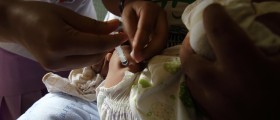


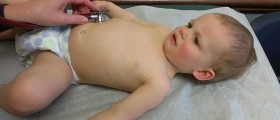

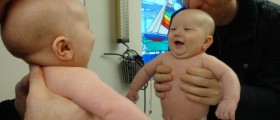

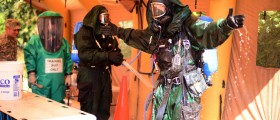
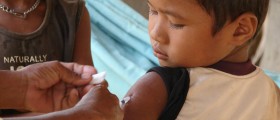


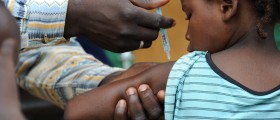



Your thoughts on this
Loading...